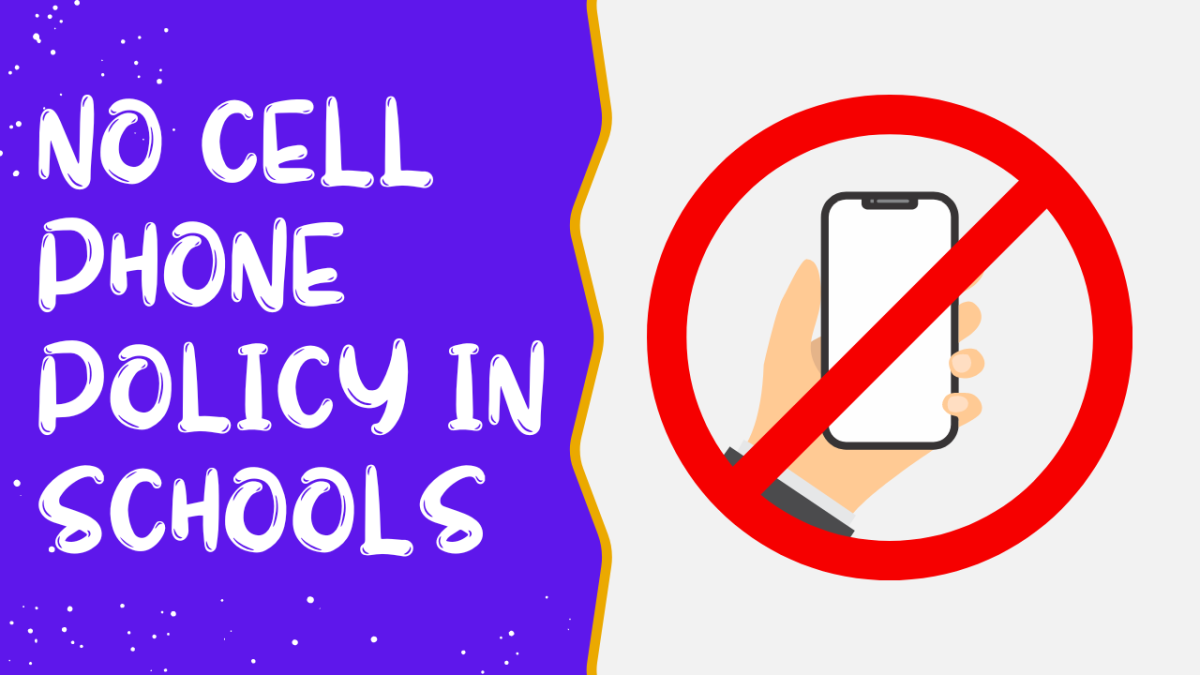Gratitude is an aspect of life many look over. Some believe they should only express gratitude when given a gift or when they directly benefit from something. Popular philosopher Seneca from Ancient Rome believed that gratitude helps us and others. A popular quote from his book called De Beneficiis or On Benefits: “When we are about to lend money we first make a careful enquiry into the means and habits of life of our debtor, and avoid sowing seed in a worn out or unfruitful soil, yet without any discrimination, we scatter our benefits at random rather than bestow them.” Seneca believed that people are careful or hesitant in helping or benefitting others, but easily welcome benefits going to themselves with open arms.
So why the need for gratitude?
Gratitude is scientifically proven to decrease many toxic emotions such as envy, resentment, frustration, regret and much more. It is proven that people who live happy lives on average, grow 10 years older than those who are pessimists, and have a 77% lower risk of heart disease. Gratitude also may be used as a prevention against suicide, and studies show that adults who practiced gratitude built up a buffer against hopelessness and depression.
Another famous Philosopher named Epictetus was a big believer of caring less about what you don’t have and appreciating what you do: “No man is disturbed by things, but by his opinion about things.” This quote from Epictetus explains that your perspective is what makes a problem, a problem. It’s kind of like the popular saying, “It’s not what happens to you, but how you react to it that matters.” This quote also shows that you will be affected by many bad things in your life, and in most cases, you couldn’t have stopped from happening; but what matters is how you let those things affect you.
Another philosopher who had extreme interest in Socrates (one of the most influential philosophers of all time) was Cicero. He said that “Gratitude is not only the greatest of virtues, but the parent of all the others.” I believe this quote means that gratitude inspired many other virtues that could be wisdom, knowledge and much more. Another quote by him is “He who acknowledges a kindness has it still, and he who has a grateful sense of it has requited it. “
Many people claim to be full of gratitude, but when tested, rarely express this. Ways to use gratitude in daily life consist of saying “thank you” and paying attention to the good things in life instead of letting the bad things cloud your thoughts. Many other practices are journaling, meditating and simply acknowledging the good things about life to yourself.
However your day is going, no matter what trials or tribulations you may have faced, make sure you take some time before the day ends to practice gratitude. It’s guaranteed to brighten your day.































